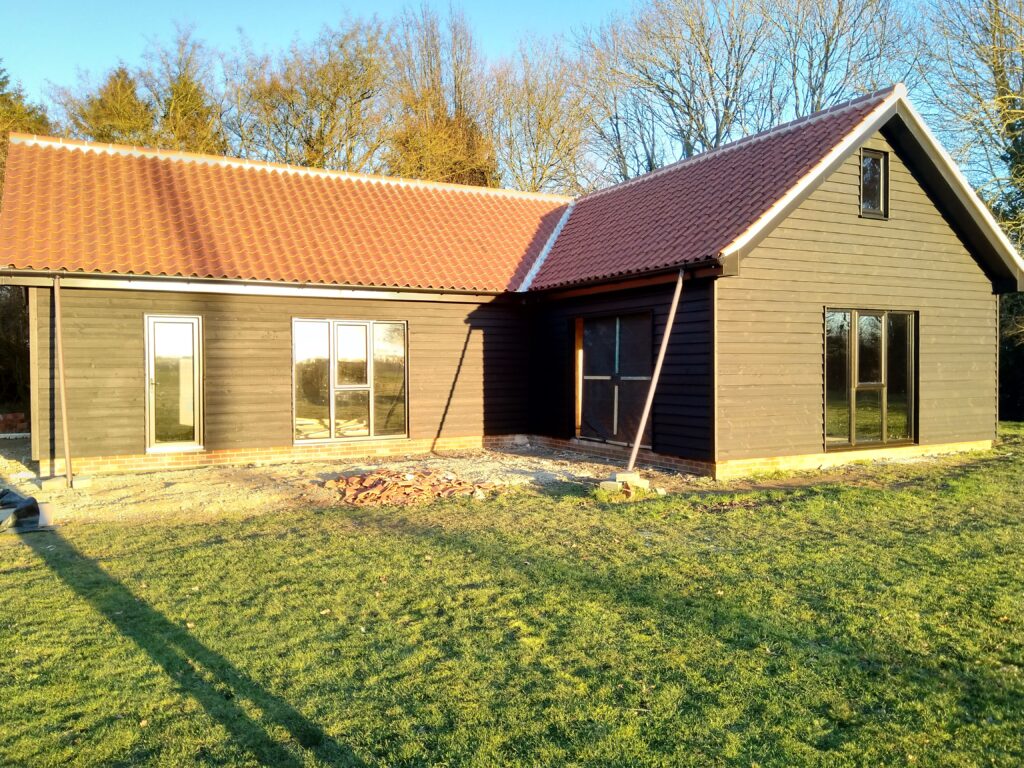
Unlocking the Potential of Garden Rooms and Offices: A Guide to Their Rising Popularity and UK Regulations
In recent years, garden rooms, garden offices, and annexes have seen a significant surge in popularity in the UK. These versatile structures offer a range of practical and aesthetic benefits, making them a sought-after addition to many homes. In this blog post, we’ll delve into the various uses of garden rooms and offices, explore the reasons behind their increasing demand, and shed light on the key UK laws and regulations governing their construction and use.
The Versatility of Garden Rooms and Offices
Garden rooms and offices have evolved from being mere storage spaces or workshops to multifunctional structures that cater to various needs. Here are some popular uses:
- Home Office: The rise of remote working has led to a growing demand for garden offices. A tranquil workspace in your garden provides a perfect environment for increased productivity and work-life balance.
- Studio or Creative Space: Whether you’re an artist, musician, or simply seeking a space to unleash your creativity, a garden room can serve as a dedicated studio.
- Gym or Fitness Space: Fitness enthusiasts appreciate the convenience of a garden gym. It’s a space to exercise without leaving the comfort of your home.
- Guest Accommodation: Garden annexes offer an excellent solution for accommodating guests, providing privacy and comfort.
- Children’s Playroom: Create a safe and fun play area for your children in your garden room, allowing them to play freely while staying close to home.
- Entertainment Space: Turn your garden room into an entertainment hub, complete with a home cinema, gaming zone, or even a cozy bar.
The Rising Popularity
Several factors contribute to the growing popularity of garden rooms and offices:
- Remote Work Trend: With more people working remotely, the demand for garden offices has soared. These spaces offer an escape from household distractions while keeping commuting to a minimum.
- Home Extension Alternative: Garden rooms and annexes provide additional living space without the complexities and cost of a traditional house extension.
- Increased Property Value: Well-designed garden structures can enhance your property’s appeal and potentially increase its value.
- Improved Work-Life Balance: A garden office allows you to separate work from home life, promoting a healthier work-life balance.
Understanding UK Regulations
Before embarking on your garden room or office project, it’s crucial to be aware of the regulations governing their construction and use in the UK:
- Permitted Development Rights: In many cases, garden rooms and offices can be built without planning permission under permitted development rights. However, there are limitations regarding size, height, and location. It’s essential to check with your local planning authority to ensure compliance.
- Building Regulations: Even if your project doesn’t require planning permission, it may still be subject to building regulations. These regulations cover structural integrity, insulation, electrical systems, and more. It’s advisable to work with professionals who understand these requirements.
- Listed Buildings and Conservation Areas: If your property is a listed building or located in a conservation area, stricter rules may apply. Always seek professional advice in such cases.
- Utility Connections: Depending on the purpose of your garden room, you may need to consider utility connections such as water, sewage, and electricity. Ensure compliance with local utility regulations.
In conclusion, garden rooms, garden offices, and annexes are versatile additions that can enhance your home’s functionality, add value, and adapt to your changing needs. Their increasing popularity reflects the evolving lifestyle and work patterns of today. However, navigating UK laws and regulations is crucial to ensure a smooth and compliant construction process. As you embark on your garden project, consider seeking professional guidance to make the most of this exciting and practical addition to your property.

